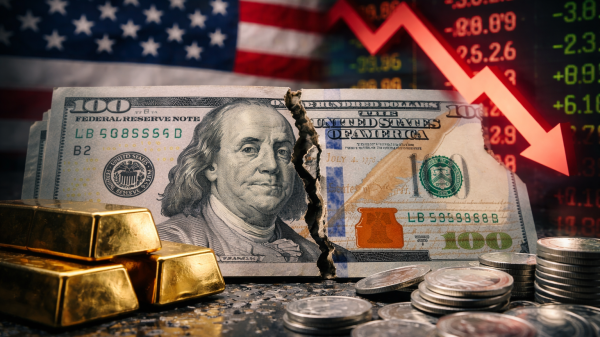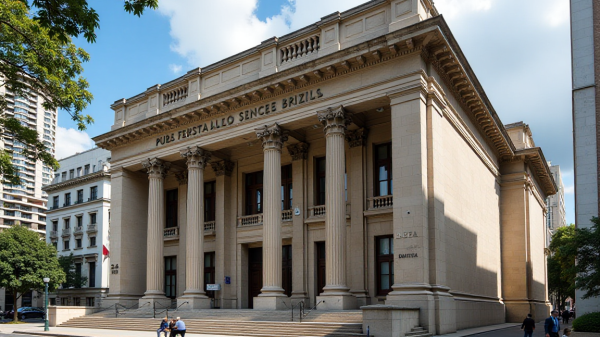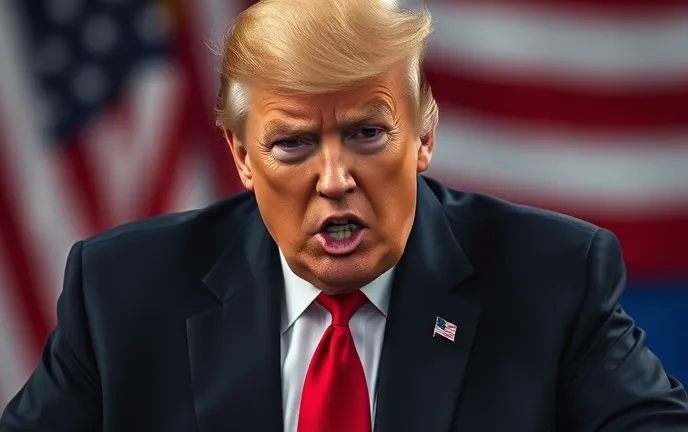President Donald Trump has reversed his decision to attend a landmark Supreme Court hearing this week, a case that will determine the legality of his signature tariff regime and could fundamentally alter the primary tool of his second-term foreign policy.
After announcing that he might attend, President Trump confirmed Sunday he will skip this week’s oral arguments at the Supreme Court.
He said the reversal was to avoid becoming a distraction from a case he has called “one of the most important decisions in the history of the country.”
A reluctant reversal on a historic visit
Speaking to reporters aboard Air Force One, Trump framed the decision as one of national importance, downplaying his personal interest in the proceedings.
“I don’t want to call a lot of attention to me,” Trump said. “It’s not about me, it’s about our country.” He added,
I wanted to go so badly — I just don’t want to do anything to deflect the importance of that decision.
If he had attended, Trump would have been the first sitting US president in history to be present for oral arguments at the nation’s highest court.
Tariffs as the cornerstone of a presidency
The Supreme Court’s decision carries immense weight for the Trump administration, as tariffs have been used in an unprecedented fashion as the cornerstone of both his economic and foreign policy.
The president has wielded import taxes not only to pressure economic rivals but also to secure ceasefires, compel action on border control, and even apply political pressure on allies.
A ruling against him could strip away the swift and blunt leverage that has defined much of his foreign policy. Trump himself has warned that a loss at the court would be a “disaster” for the nation.
“If we don’t have tariffs, we don’t have national security, and the rest of the world would laugh at us because they’ve used tariffs against us for years and took advantage of us,” he said Sunday.
A constitutional showdown over emergency powers
At the heart of the legal battle is the 1977 International Emergency Economic Powers Act, or IEEPA.
The Supreme Court will hear the administration’s appeal of lower court rulings which found that Trump exceeded his authority under this law to unilaterally impose many of his “Liberation Day” tariffs.
The lower courts, including the US Court of Appeals for the Federal Circuit, found that the president does not have the power under IEEPA to set tariffs—a power the Constitution explicitly grants to Congress.
The Justice Department has countered that the law gives the president broad authority to regulate imports during national emergencies as part of his power over foreign affairs.
The White House remains confident in its position.
“The fact of the matter is that President Trump has acted lawfully by using the tariff powers granted to him by Congress in IEEPA to deal with national emergencies and to safeguard our national security and economy,” White House spokesman Kush Desai said in a statement.
We look forward to ultimate victory on this matter with the Supreme Court.
The post ‘Not about me’: Donald Trump to skip Supreme Court hearing on tariffs appeared first on Invezz




































